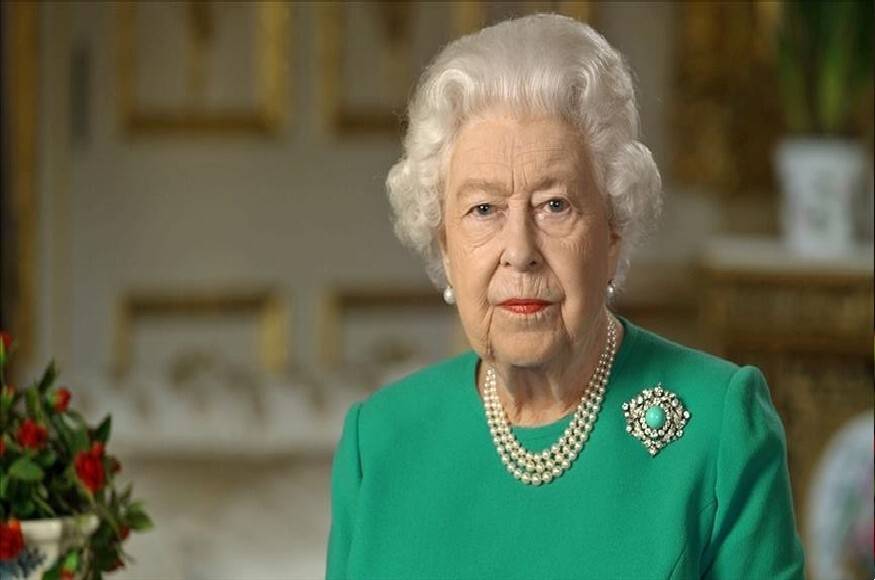- CatalogTop
Full catalog list - Food & BeveragePopular
Popular packed food and beverages
- Beauty & Self Care
Beauty and personal self-care products - Home & Garden
Home and garden supplies and accessories - Board Games
Most popular board games from Latin America - BrandsAll brands
Full list of all brands in the store. Browse all brands - IndustriesNew!
Filter products by desired business category - Services
See all services - See All Products
See full list of all products - Companies
Companies list
After Queen Elizabeth ll passed away, will it have an impact on UK's economy?

The "Operation London Bridge" plan, which is followed after the death of Queen Elizabeth II, contemplates the suspension of activities in the United Kingdom.
Queen Elizabeth II passed away this Thursday, September 8, after 70 years of reign, Buckingham Palace reported as part of the "Operation London Bridge" protocol followed by the British crown.
This plan includes the suspension of the financial system and the London Stock Exchange, one of the five largest in the world.
Even a report by the British media outlet, The Independent, warned that the monarch's death could cost the nation billions in lost profits.
"For at least 12 days, between his passing, the funeral and beyond, Britain will come to a standstill. It will cost the British economy billions in lost profits due to the chaos. And both the funeral and subsequent coronation will become public holidays." formal national governments, each with an estimated economic impact on GDP of between £1.2bn and £6bn as banks, businesses and stock markets close, not to mention organizational costs," they said in their report.
But will the death of Queen Elizabeth II really have an economic impact on England?
The international business specialist, Juan Carlos Ladines, considered that by having a protocol established so far in advance, there would be no real impact on the UK economy.
"There is a protocol to follow and therefore there is no contractionary impact, beyond the fact that the markets may have some closures," he told RPP.
Ladines considered that there is a greater social impact and highlighted that the long mandate of Isabel II generated a perception of stability in the country.
Change of prime minister has a greater impact
For Anthony Medina, a member of the Peruvian Forum of International Relations (FOPRI), the greatest recent economic impact in England is due to the change of prime minister.
"Although the queen is the head of state of the United Kingdom, the focus in public policy has to be on the role of the head of government and the head of government is the prime minister," said the director of the School of Political Science of the Catholic University of Santa María.
Medina recalled that a few days ago Liz Truss took office as British Prime Minister, who promised to get the United Kingdom out of the economic "storm".
"The challenge that the United Kingdom is facing in economic matters is to resolve the issue of free trade with the European Union," he said, referring to Brexit.
The FOPRI member points out that before England left the European Union, London has had to renegotiate its trade agreements.
"This is not easy at all, the negotiations were supposed to be completed last year and they continue to go from extension to extension with issues as diverse as customs, tariffs, intellectual property regulations. This creates a lot of problems for the new British leadership" , he remembered.
On the other hand, this afternoon the Reuters agency reported that the pound sterling, the official currency of England, fell by 0.3% after Truss's announcement to impose a cap on consumer energy bills for two years.
The agency said that the British currency has fallen 15% against the dollar this year, weighed down by a combination of slowing economic growth and rising inflation.
© 2017 - 2024, Directoro.com, or its affiliates. Trademarks are the property of their respective owners.

